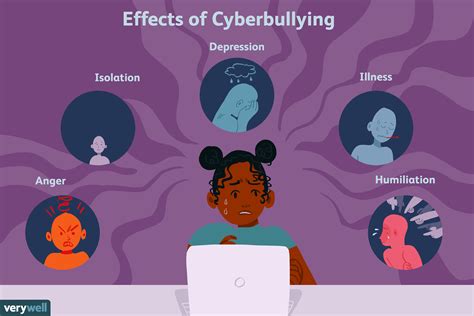The recent incident involving LDAPjs sheds light on the dark side of the open-source world – online abuse towards maintainers. In the era of digital communication, maintainers are often subjected to hateful messages, as seen in the case of the LDAPjs maintainer receiving a detestable email. While some argue that thick skin is essential in dealing with such behavior, it’s crucial to acknowledge the emotional toll it can take. As maintainers pour their time and effort into projects, facing unwarranted abuse can be demoralizing.
The comments from users reflect a spectrum of opinions regarding the maintainer’s response to the vile email. Some suggest ‘getting over it’ and ‘not feeding the trolls’ as the way forward, emphasizing personal resilience and detachment from online negativity. On the other hand, voices advocating for standing up against abusive behavior and highlighting the need for a supportive community echo the call for a more empathetic digital environment. Addressing online abuse within the open-source community goes beyond individual reactions; it calls for a collective stance against toxic behavior.
Moreover, the dynamics of online interactions pose unique challenges, with some users pointing out the inherent risks maintainers face when engaging with the public. From the blurred lines between constructive criticism and outright abuse to the complexities of online anonymity enabling harmful behavior, the article navigates the multifaceted nature of maintaining projects in the digital realm. As the online landscape continues to evolve, the need to cultivate a culture of respect and support within the open-source community becomes increasingly vital.
The tale of LDAPjs underscores the broader issue of online abuse permeating digital spaces and the implications for maintainers and users alike. While the maintainer’s decision to step away from the project in the face of harassment is a valid form of self-preservation, it also shines a light on the broader discourse of navigating online interactions. Encouraging constructive dialogues, fostering a sense of community responsibility, and advocating for digital well-being are essential pillars in combating online abuse across open-source projects. Ultimately, the story of LDAPjs serves as a reminder of the human element behind every line of code and the imperative to uphold respect in the virtual landscape.
In conclusion, the article encapsulates the intricate web of challenges and reflections brought forth by the LDAPjs incident, weaving together voices from the community to paint a nuanced picture of online abuse in the open-source realm. As the digital sphere continues to shape our interactions, it is imperative to cultivate empathy, resilience, and collective responsibility to ensure a safer and more inclusive environment for all project contributors and maintainers.


Leave a Reply